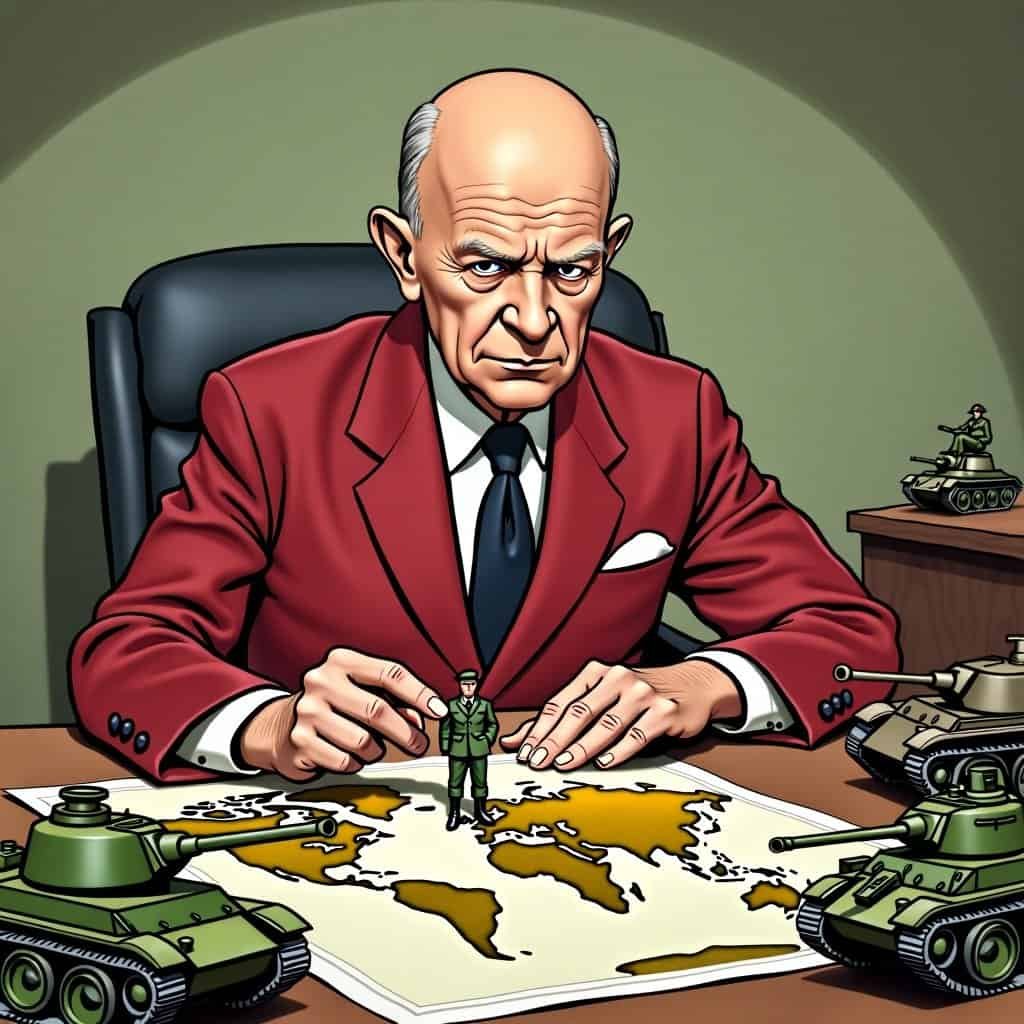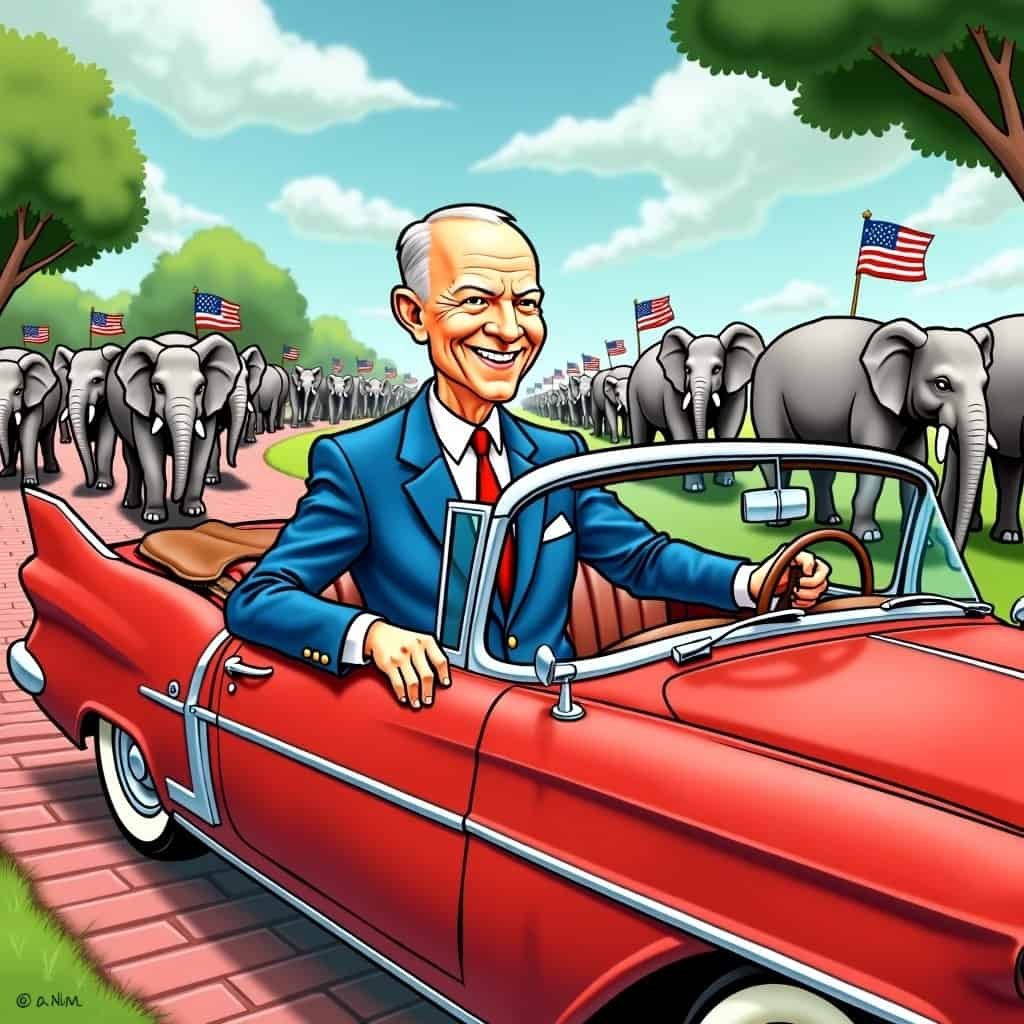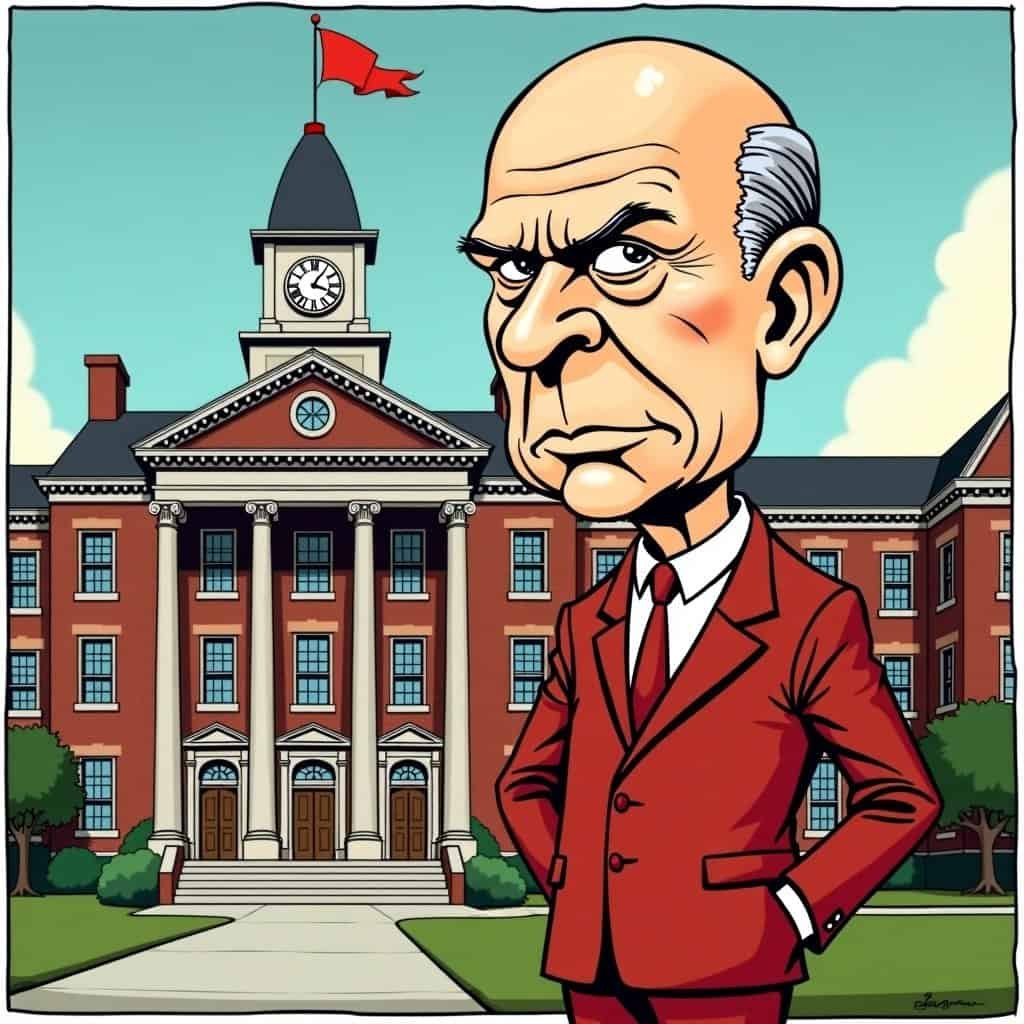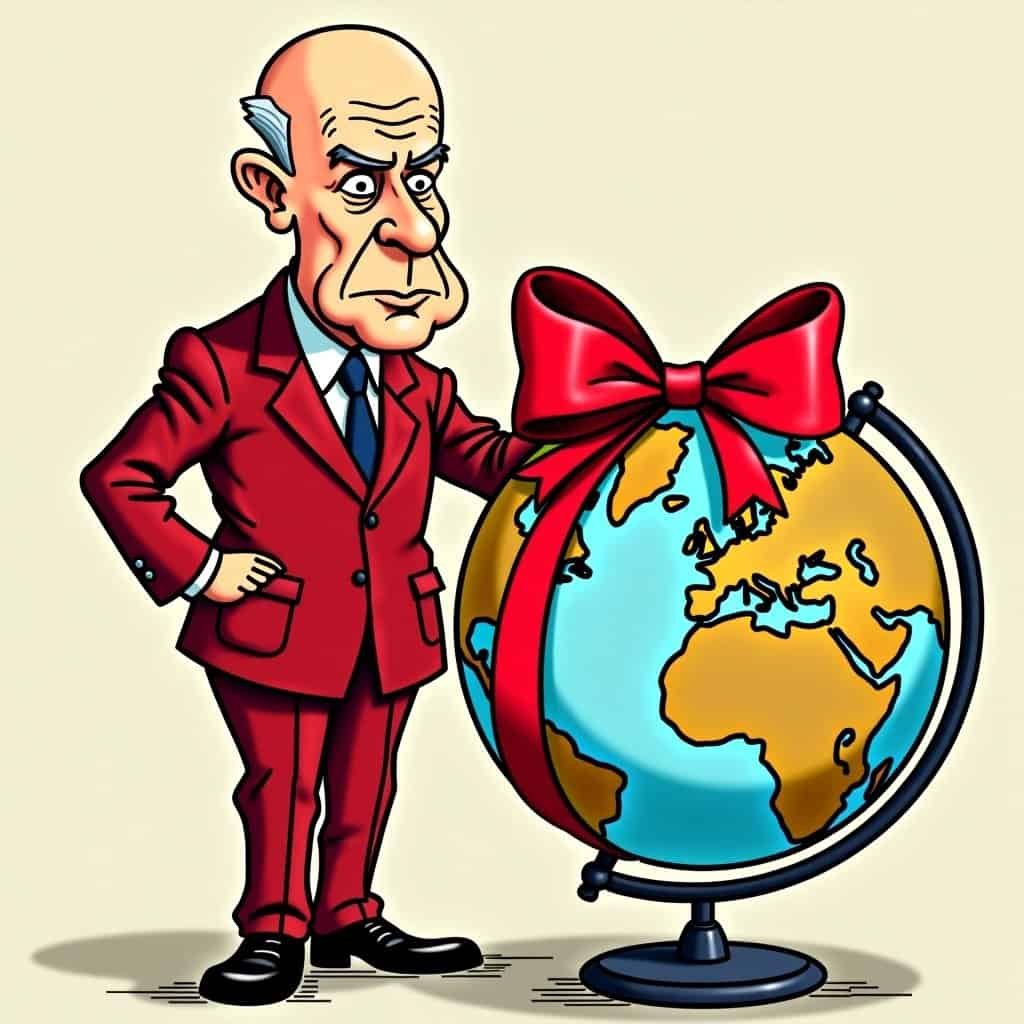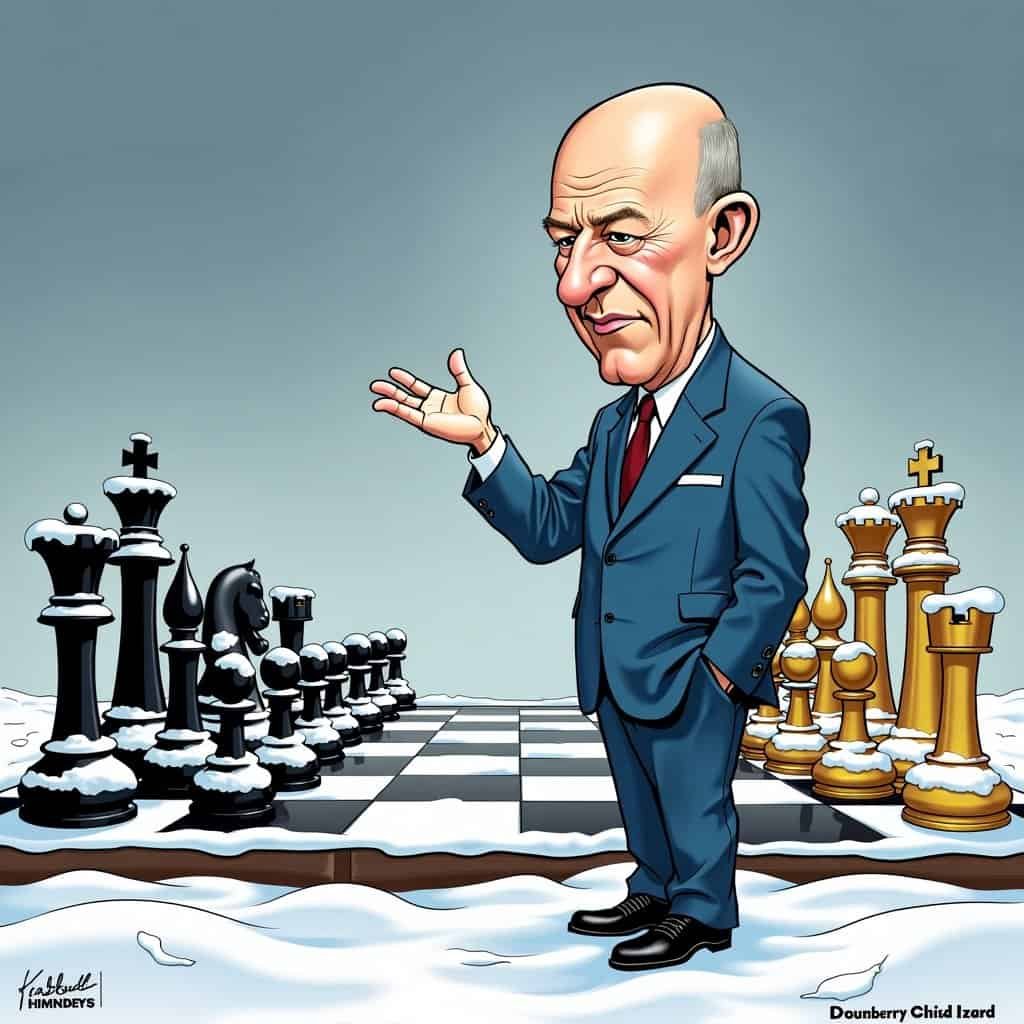Friends, have you ever wondered what it takes to end a war without leaving the job half-done? Well, grab your hats and don’t drop your monocle, because today we’re talking about Dwight D. Eisenhower, a conservative icon who knew a thing or two about ending wars and keeping peace without sugarcoating it.
Eisenhower, that steadfast guardian of common sense and excellent golf scores, understood the importance of finishing what you start. When he took office in 1953, the Korean War was like an endless rerun of a soap opera that nobody wanted to see again. The conflict was stuck in a loop, and it was time for a real resolution, Republic-style.
So, what did Ike do? He sized up the situation with a clear head and steady hand. Recognizing that military might needed a side of strategic thinking, Eisenhower called for a ceasefire but kept his options open—a true conservative approach!
Eisenhower’s War-Ending Strategy
| Action | Outcome |
|---|---|
| Ordered ceasefire | Halted active fighting |
| Maintained military readiness | Showed strength without escalation |
| Diplomatic negotiations | Secured armistice agreement |
Now, let’s set the record straight. Some might say that Ike hinted at nuclear action. But let’s face it, even in conservative circles, that kind of talk is just part of a bigger picture; a classic power move that made our foes think twice about their plans. Ol’ Eisenhower had the guts to keep America secure while making sure the boys on the front lines could come home—which just so happened to align with conservative values like family and prosperity.
Oh, and let’s not forget those critics who wanted endless war just to keep government spending sky-high. Eisenhower played the long game—he got his hands dirty, reined in the budget, and steered America away from relying too heavily on military spending. True to his roots, he cut the fat like a skilled butcher preparing a prime cut.
Economic Impact of Eisenhower’s Policies
- ✅ Reduced military expenditures
- ✅ Balanced the federal budget
- ✅ Promoted private sector growth
- ✅ Invested in infrastructure (Interstate Highway System)
Under Ike’s leadership, the focus was on opportunity—not handouts. By ending the war, he also boosted our national reputation. Who could forget that during his presidency, America’s industrial strength and innovation took off, creating jobs and allowing the market to flourish once again?
So, next time someone brings up the Korean War over the dinner table, remember this: Dwight D. Eisenhower didn’t just stop the fighting; he brought back American confidence, beefed up our standing on the world stage, and stood firm on core conservative principles of limited government and fiscal responsibility.
And friends, that is how you end a war while sipping coffee, standing your ground, and keeping your power in check. It’s no wonder Ike’s face is on all those campaign buttons—his legacy is forever stamped with the spirit of conservatism. Here’s to smart, decisive leadership—like Ike. Because peace through strength isn’t just a catchphrase; it’s a way of life.
